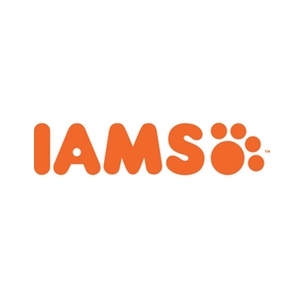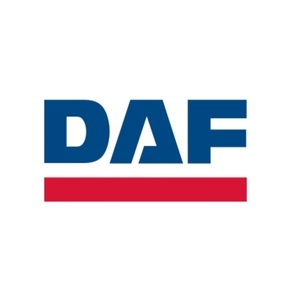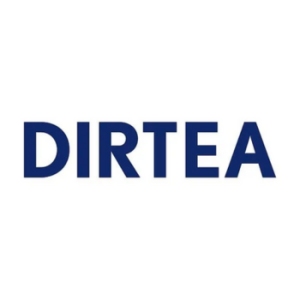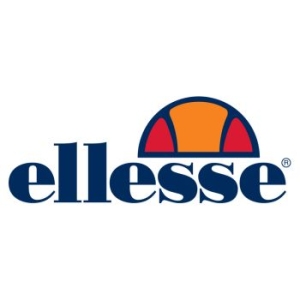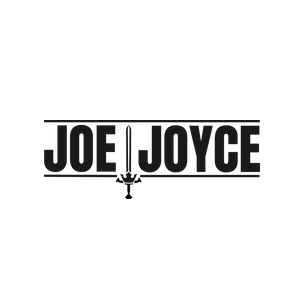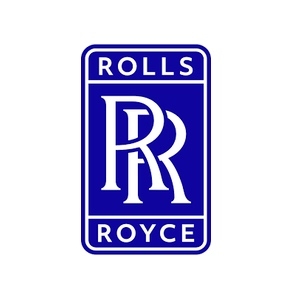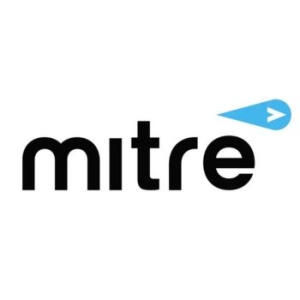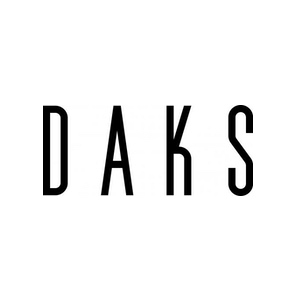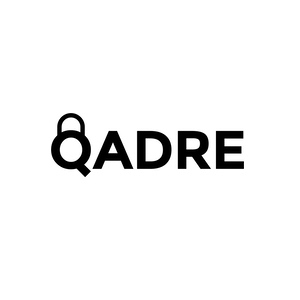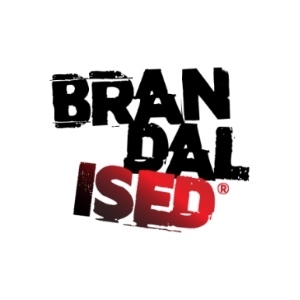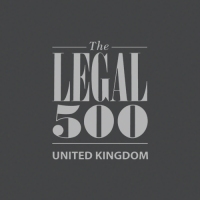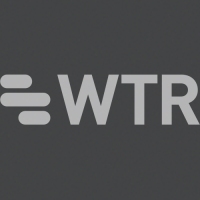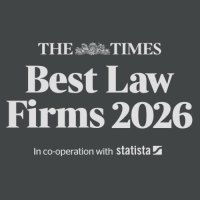Search-a-brandPowered by BRANDSMITHS
Search-a-brand assists you in researching, choosing and building a brand for your company, service or product. Try it out and search with the intended name!

IS CRYPTOCURRENCY PROPERTY?
Author: Matt Green
NZ decision affirms the UK’s stance.
A New Zealand High Court has affirmed that cryptocurrencies are property, and can be treated as such, as cryptocurrency held by exchange Cryptopia Ltd (“Crypropia”) became the subject of a dispute following the exchange’s liquidation (see Ruscoe v Cryptopia Limited (in liquidation) CIV-2019-409-000544 [2020] NZHC 728).
This bolsters the findings in the UK Jurisdiction Taskforce’s Legal Statement on Crypto Currencies and Smart Contracts (the “Legal Statement”), as well as several UK decisions, including Robertson v Person Unknown CL-2019-000444, where cryptocurrency was the subject of an asset preservation order, and AA v Persons Unknown & Ors, Re Bitcoin [2019] EWHC 3556 (Comm) where Bitcoin were subject to an interim proprietary injunction.
BACKGROUND
Cryptopia was formed in 2014 as an online cryptocurrency exchange and became a global platform allowing users to trade approximately 900 crypto-coins, more than any of its competitors.
In January 2019, Cryptopia’s servers were hacked and roughly NZD 30 million, around nine to fourteen percent of its held cryptocurrency, was illegitimately and irreversibly transferred to a third-party exchange.
Cryptopia was then subsequently placed into liquidation in May 2019, and held roughly NZD 170 million worth of cryptocurrency assets.
These proceedings were led by the account holders to determine the status of these assets and directions on their distribution.
APPLICATION
The application before Gendall J centered on interpretation of the Companies Act 1993 (the “Act”), considering a liquidator’s duty under s.253 of the act to, amongst other things:
“to take possession of, protect, realise and distribute the assets, or the proceeds of the realization of the assets, of the company to its creditors in accordance with this Act”.
Similarly, the application asked Gendall J to consider, amongst other issues:
“[w]hether any or all of the various cryptocurrencies (digital assets) held by the liquidators of Cryptopia constitute “property” as defined in s. 2 of the Company Act 1993”.
ISSUES OF PROPERTY
The Applicants submitted that the crypto assets must be seen as a form of intangible property both at common law and within the definition of the Act, with the liquidators and creditors refuting this. In any event, the Applicants sought confirmation that even where crypto currencies were not “personal property in the full sense, that are still assets capable of forming the subject matter of a trust” [50].
A common law argument opposing cryptocurrencies as property was referred to at [122]:
“Two arguments that are most commonly raised to suggest that cryptocurrencies do not have the status of “property” are:
(a) The common law recognises only two classes of personal property: tangibles and choses in action. Cryptocurrencies are said to be neither.
(b) Information is not generally recognised as a form of “property” and cryptocurrencies might be said to be a form of information”.
The judgment, leaning on the Legal Statement, recognised these boundaries set down by common law, but sought to adapt them accordingly.
As part of his discussion, Gendall J referred again to the Legal Statement at [64] of his judgment:
“35. Strictly, the term property does not describe a thing itself but a legal relationship with a thing: it is a way of describing a power recognise in law as permissibly exercised over the thing. The fundamental proprietary relationship is ownership: the owner of the thing is, broadly, entitled to control and enjoy it to the exclusion of anyone else. However, ownership is just one kind of property right: property is a comprehensive term and can be used to describe many different kinds of relationship between a person and a thing”.
DECISION
Whilst he recognises that crypto assets may neither be tangible nor chose in action (being intangible property not legally in a person’s possession, but enforceable via a legal process, for example money in a bank account) he confirmed that they are “a species of intangible personal property and clearly an identifiable thing of value” [69].
For the purposes of the Act the definition of “property” is wide and includes “money”. The Judge in Singaporean case B2C2 Ltd v Quoine Pte Ltd [2019] SGHC(I) confirmed:
“[c]ryptocurrencies are not legal tender in the sense of being a regulated currency issued by government but do have the fundamental characteristic of intangible property as being an identifiable thing of value”,
referring to National Provincial Bank v Ainsworth [1965] 1 AC 1175 (HL) that “…it must be definable, identifiable by third parties, capable in its nature of assumption by third parties, and have some degree of permanence or stability”.
Relying on these criteria as a frame of reference, Gendall J moved on to consider AA v Persons Unknown & Ors. This dispute saw an interim proprietary injunction made against a cryptocurrency exchange, purported to have received the proceeds of ransom monies paid by an insurer to a hacker who sought to then transfer the cryptocurrency to fiat currency via that exchange.
The Judge here, Bryan J, referred to both Robertson v Person Unknown and Vorotyntseva v Money-4 Ltd [2018] EWHC 2596 (Ch) as well as the Legal Statement which he saw as “an accurate statement as to the position under English law” [61]. As such Gendall J appropriately relied on this position and found similarly.
Gendall J then applied Lord Wilberforce’s property criteria in Ainsworth, that property must be (i) definable, (ii) identifiable to third parties, (ii) capable of assumption by third parties, meaning the property is desirable to third parties, and the owner can assert rights over it, and (iv) capable of having a degree of stability and permanency.
The biggest hurdle is point (iv) given cryptocurrency’s intangibility and transaction speed, although Gendall J overcomes this, noting “[t]he entire life history of a cryptocoin is available in the public recordkeeping of the blockchain”, ensuring a level of permanency as required.
As such Gendall J concluded at [120]:
“[t]hey are a type of intangible property as a result of the combination of three interdependent features. They obtain their definition as a result of the public key recording the unit of currency. The control and stability necessary to ownership and for creating a market in the coins are provided by the other two features – the private key attached to the corresponding public key and the generation of a fresh private key upon a transfer of the relevant coin”,
which itself, as he remarks, is a near identical argument made in the Legal Statement.
APPLICABILITY
Given the consistency of recent judgments and the Judge’s eagerness to echo decisions made from various jurisdictions, the law is leaning heavier towards treatment of cryptocurrencies as assets.
This ensures BitCoin, Ethereum and the like, can be treated similarly to other assets, whether in tracing claims, contractual disputes, to matrimonial disagreements over an individual’s property or use as security.
For more information please contact Matt Green at matt@brandsmiths.co.uk or any of the Brandsmiths team.
DOWNLOAD PDF
Brandsmiths is a trading name of Brandsmiths S.L. Limited which is authorised by the Solicitors Regulatory Authority, SRA No: 620298. Founding Partner: Adam Morallee
Privacy and Cookie Policy | Terms and Conditions | Complaint Procedure | Site by: Elate Global
